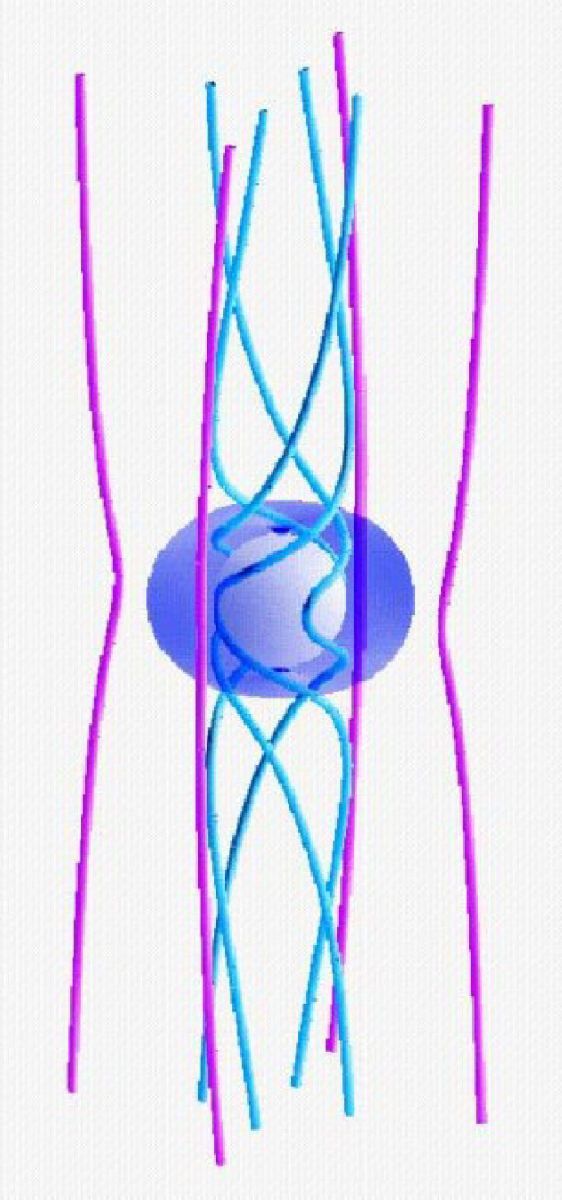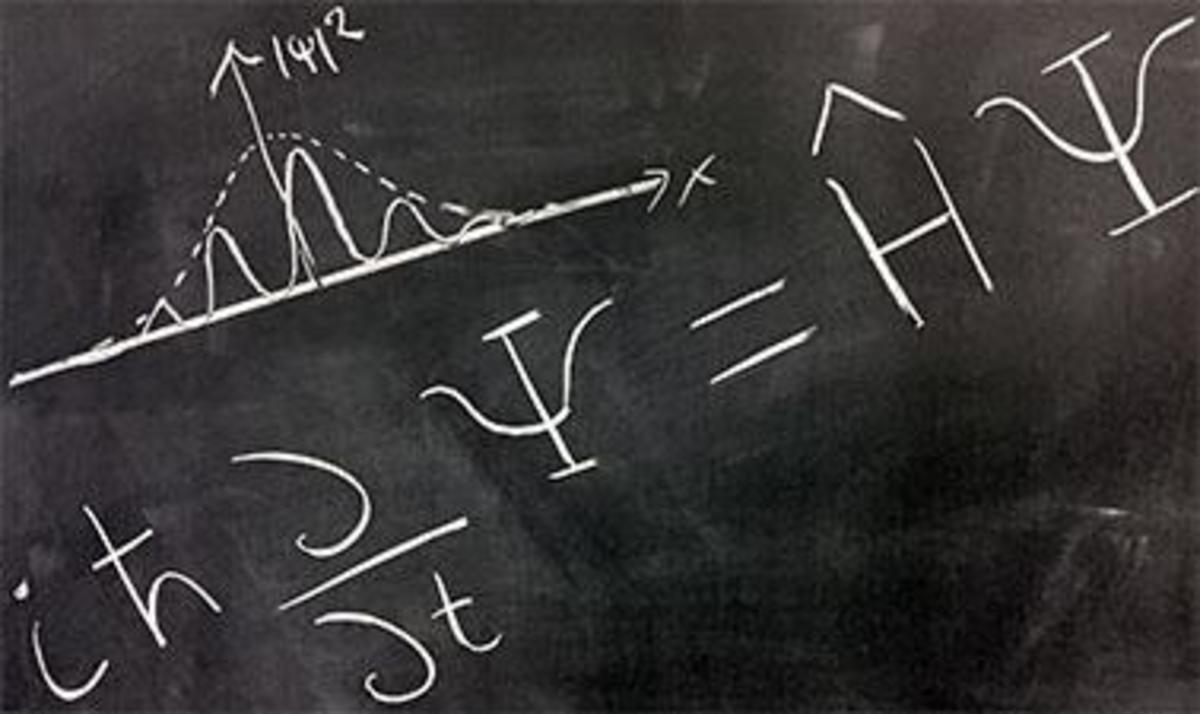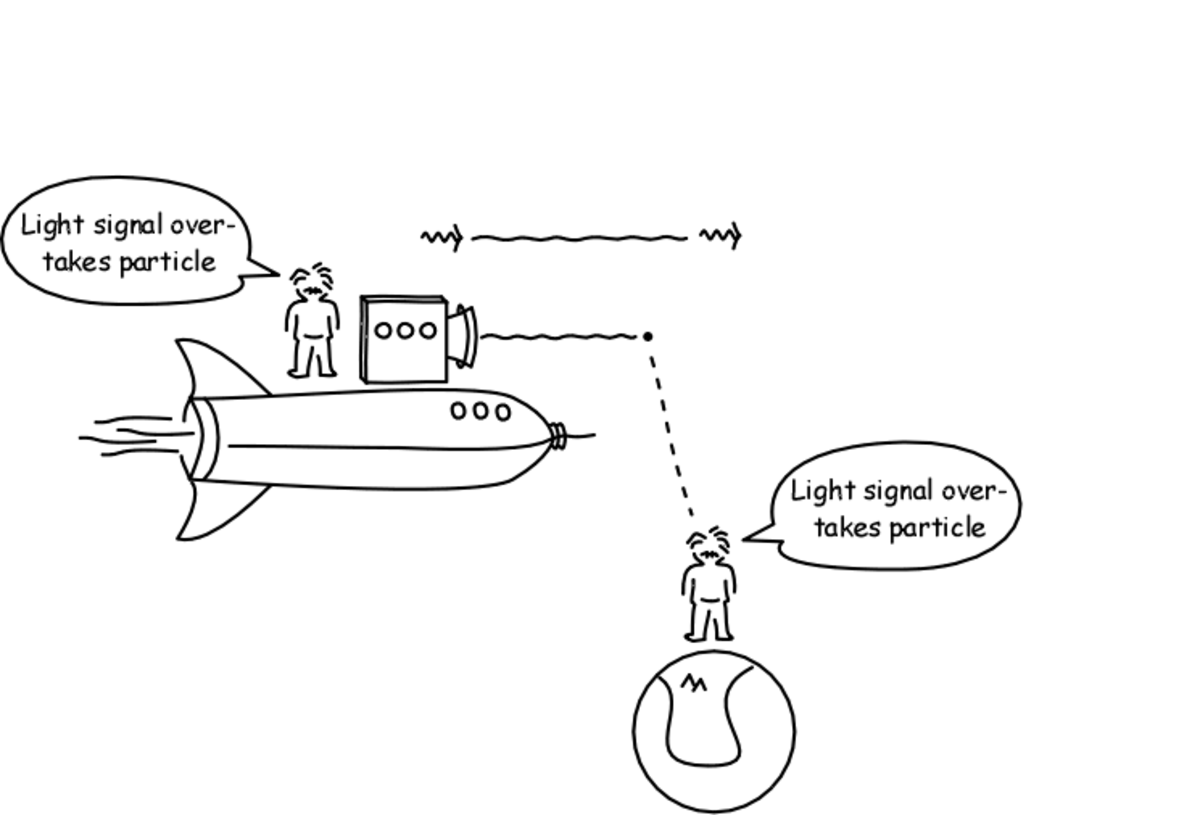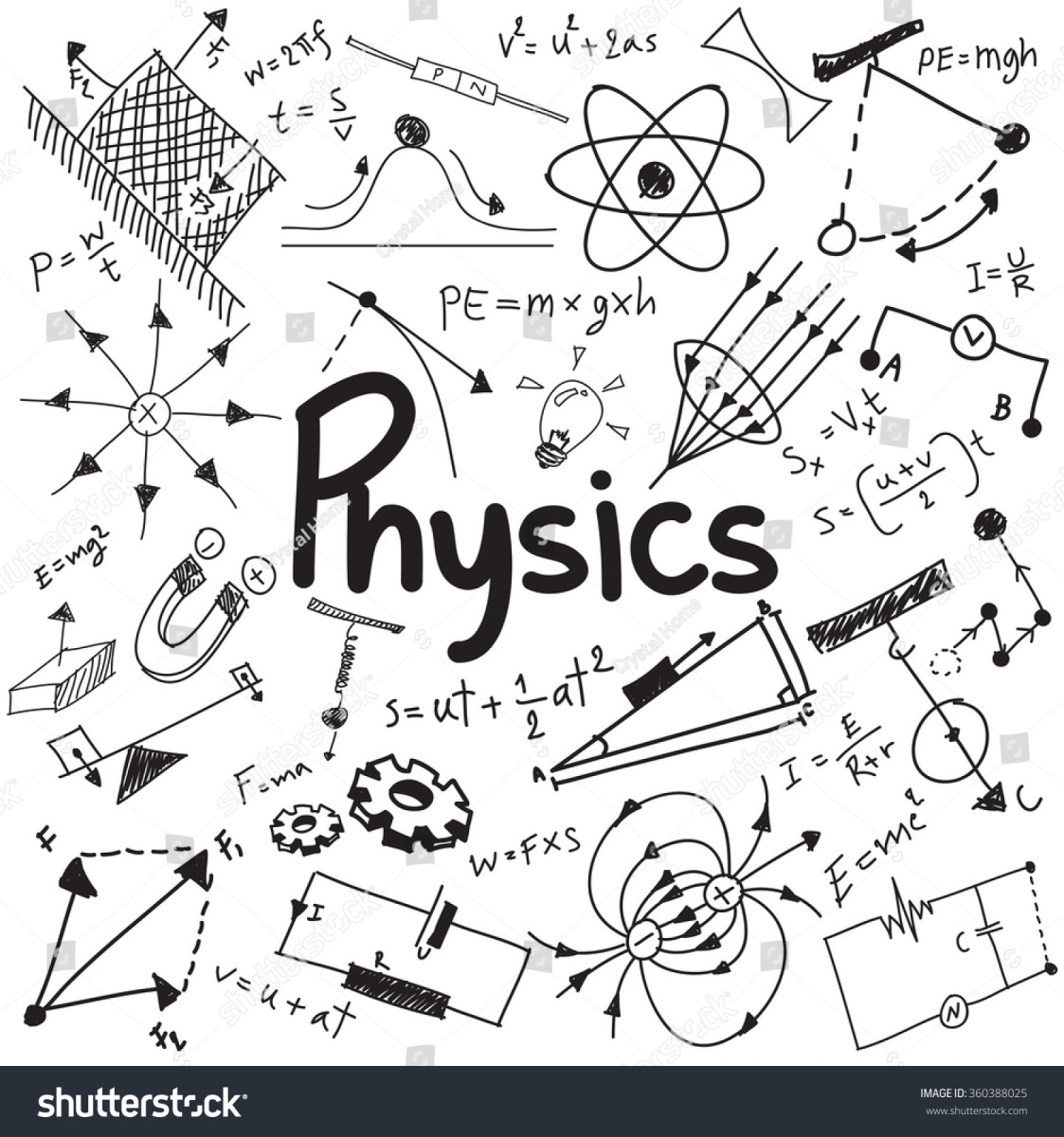Larry's Take on the Claim that Gravity Is Magnetism

Introduction: a thrilling experiment
Hub author Newton's Rival is a leading proponent of this view. One of her central assumptions is the existence of magnetic monopoles. I'm agnostic on this specific point. I'll be convinced when I can buy a jar of magnetic monopoles at Trader Joes. I prefer the chocolate ones.
In the meantime, I'll reframe the issue as follows: Is magnetism equivalent to mass?
We'll see that to a very limited extent, the answer is yes.
We'll attempt to shed some light on this question, without making assumptions about magnetic monopoles, and using only standard ideas from physics. Specifically, we'll apply electricity, magnetism, and Relativity theory. I'll try to keep this as accessible as possible for nonspecialists.
The experiment. First, cannibalize a step-up transformer from an old television. (Scrounging a transformer is much more sporting than buying a new one.) Then purchase an ordinary flashlight battery. Invite 10 of your friends over for the experiment.
Be sure to provide yummy snacks afterward. And be certain that all of these friends are in good health.
Ask your friends to stand in a half-circle, and instruct each person to hold hands with his/her neighbor or neighbors. Have Person #1 hold one lead from the secondary of the transformer. Have Person #10 grasp the other secondary lead.
Duct-tape one of the primary leads of the transformer to one terminal of the battery. Hold the other primary lead of the transformer against the other terminal of the battery for several seconds. Then abruptly lift that primary lead from the battery.
The result: Each of the 10 people will receive a mild electric shock.
The explanation. The DC from the battery, plus the primary winding of the transformer, plus the iron core of the transformer create an electromagnet. It's magnetic field stores energy, and releases that energy when the magnetic field collapses. We'll see why this is relevant in the next two sections.

A few words about Relativity
One of Albert Einstein's best-known ideas is energy-matter equivalence. This can be expressed mathematically, as follows:
E = mc^2
The equation allows you to calculate energy-matter equivalences. Here's a typical example.
In a nuclear power plant, suppose that the fuel rods lose 1 microgram of mass in a certain amount of time.
Using Einstein's equation, you can easily calculate the amount of energy that was released in the process.
Nuclear energy is one common application for Einstein's famous idea. It must be emphasized that the equation applies to all forms of energy, even though the effects are sometimes too small to measure accurately.
Suppose that you pan for gold as a hobby, and that you keep a nugget in a small vial inside your refrigerator. Take it out and measure the mass on a laboratory balance. Then set it out in your backyard in the Summer sun for an hour. It will acquire some heat energy. If you measure the mass again, Einstein's famous equation predicts that the mass will increase by a small amount.
The catch is that the tiny mass increase will be extremely difficult to measure. However physicists have been testing the predictions made by Relativity for many years. And for medium-sized objects, the results are always within the range of experimental error. This does not prove that Relativity is 100% true, 100% of the time, everywhere in the universe. Nevertheless, as far as scientific theories go, it's a pretty good one.
I'm reasonably confident in the Relativity prediction about the gold nugget. And this thought-experiment predicts a heat-mass equivalence, which is a special case of energy-matter equivalence.
The upshot
Using the same logic, we can demonstrate a theoretical equivalence between mass and magnetic fields. Other things being equal, an electromagnet with a DC current flowing through the coil will have a slightly stronger gravitational pull than it did before we applied the current. Why?
Our thrilling experiment shows that a magnetic field can store energy. The theory of Relativity predicts that the energy stored in this magnetic field has a mass equivalent. But the effect is so small that it's extremely difficult to measure. Getting back to the original question, is magnetism equivalent to gravity? In terms of our present knowledge, the short answer is: To a very limited extent, yes.
Here's a link to the hub by Newton's Rival on the subject:
http://hubpages.com/hub/Gravity-is-Magnetism
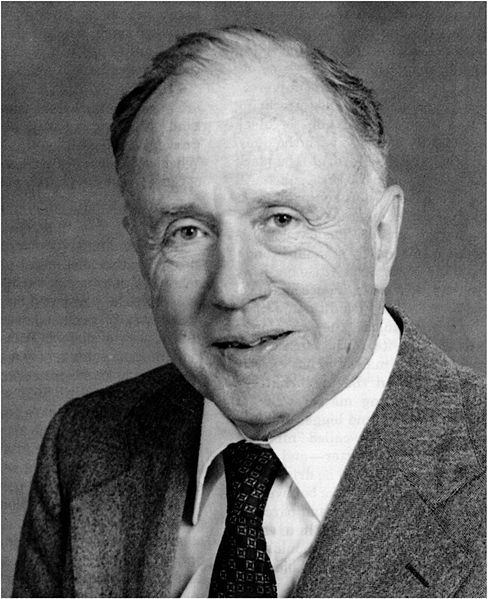
Addendum 10-25-11
There's been some informed speculation about exotic ways to generate gravitational fields. The hypothetical electromagnetic geon is an example. Quoting from the wikipedia article:
"In theoretical general relativity, a geon is an electromagnetic or gravitational wave which is held together in a confined region by the gravitational attraction of its own field energy. They were first investigated theoretically in 1955 by J. A. Wheeler, who coined the term as a contraction of 'gravitational electromagnetic entity.'"
http://en.wikipedia.org/wiki/Geon_%28physics%29
Since 1955, other physicists have pointed out at least one potential fly in the ointment: If electromagnetic geons can be created, they may be very leaky, and may decay quickly.
However this may not be the case for geon Black Holes, in which a sufficient amount of electromagnetic mass-equivalence is stuffed into a sufficiently small volume, such that the escape velocity is greater than the speed of light, and nothing can escape--not even light.
I don't know how much traction the geon meme has had over the decades in the physics community. And for the record, I must state that I don't believe in Black Holes. I'm simply mentioning that possibility for the sake of completeness.
Copyright 2011 and 2013 by Larry Fields

